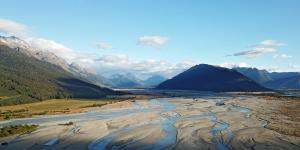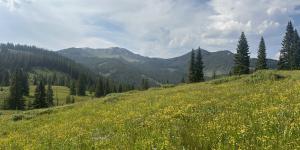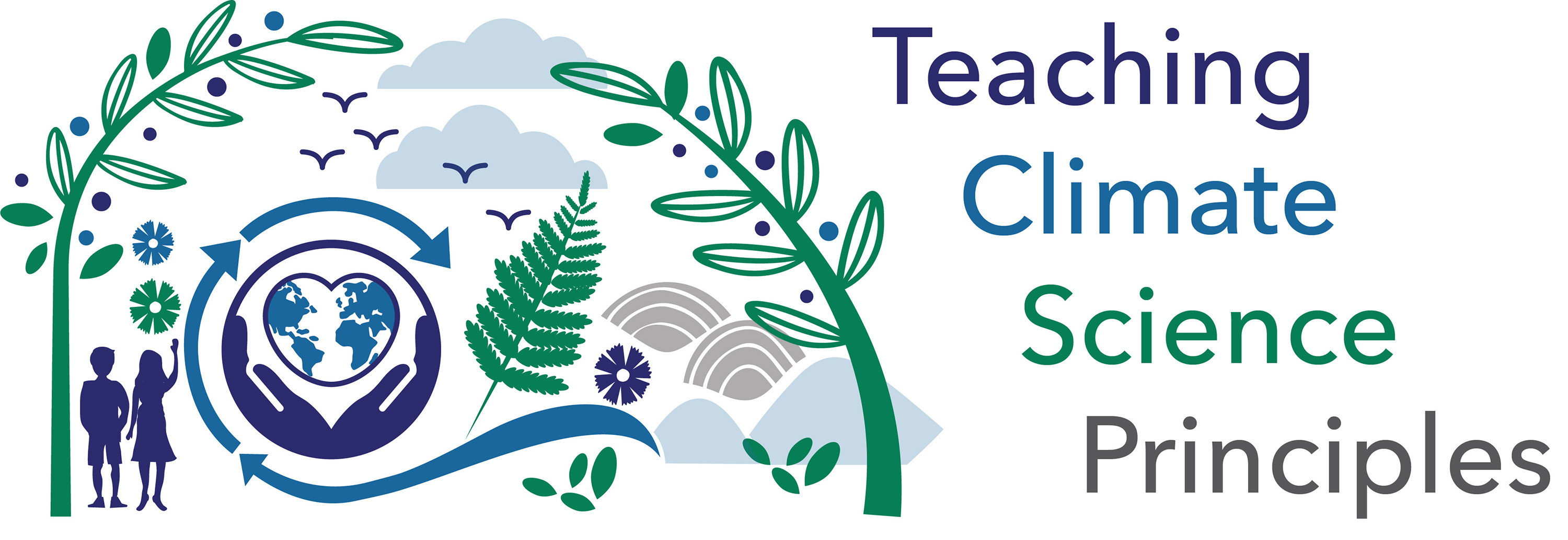Teaching Climate Science Principles
An understanding of Earth's climate system, including the natural and human-created factors that affect it, is vital for communities working to mitigate the impacts of climate change seen today and in the future. The National Oceanic and Atmospheric Administration (NOAA) has developed the 7 Essential Principles of Climate Science to provide a framework for teaching the science behind climate change. Check out this learning sequence to support your teaching about climate topics.
Several states have adopted climate change standards as a required part of their science curriculum (New Jersey, Washington, Colorado). The Colorado Seal of Climate Literacy is awarded to graduating students who demonstrate a mastery of climate science principles and who have completed an experiential learning project.
How can CEEE help?
We have combined our educator-developed and scientist-reviewed resources from CEEE in a sequence that leaves students inspired and ready to act in their communities. Each sequence features:
- Real-world phenomenon such as drought, wildfire, and flooding
- Authentic data provided by CIRES scientists
- Integrated solutions to inspire
Explore our resources below! If you have any questions, please email jonathan.griffith@colorado.edu.



Pathway to Seal of Climate Literacy
The curriculum in these sequences align with NOAA's climate literacy principles and are a great pathway for students to earn a seal of climate literacy by meeting coursework and experiential learning project requirements. Learn more about the Seal of Climate Literacy here.



